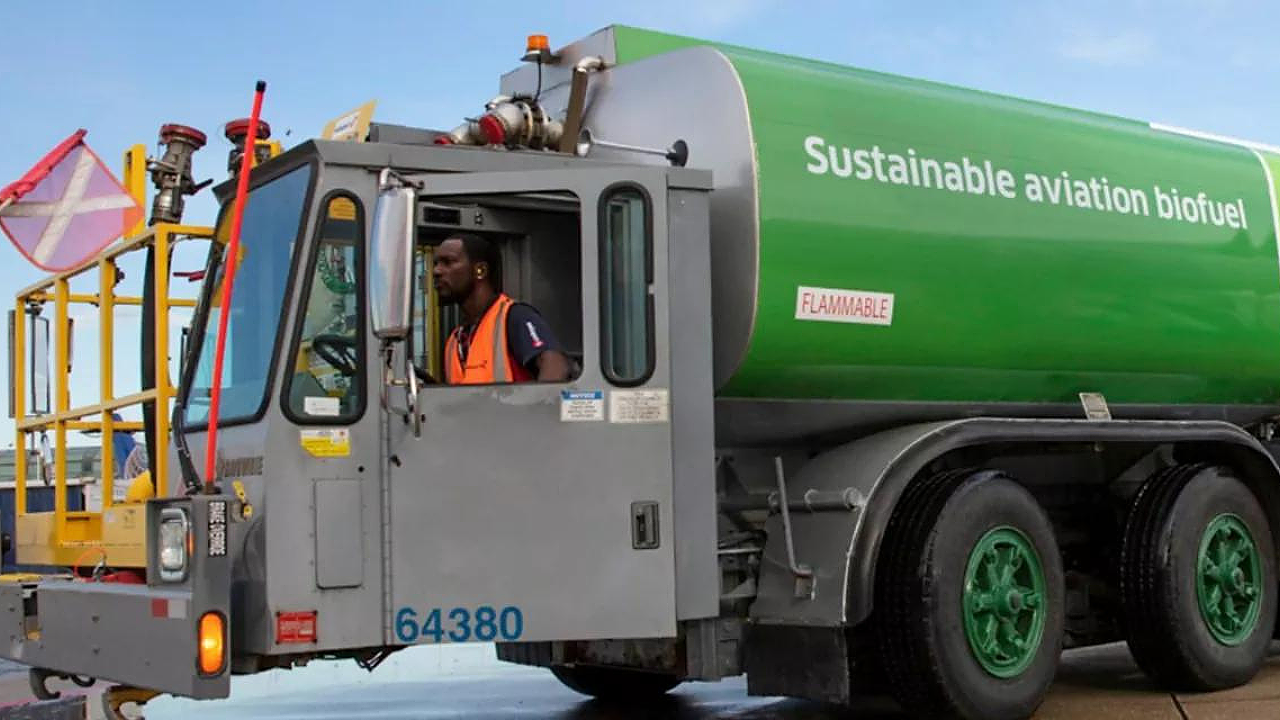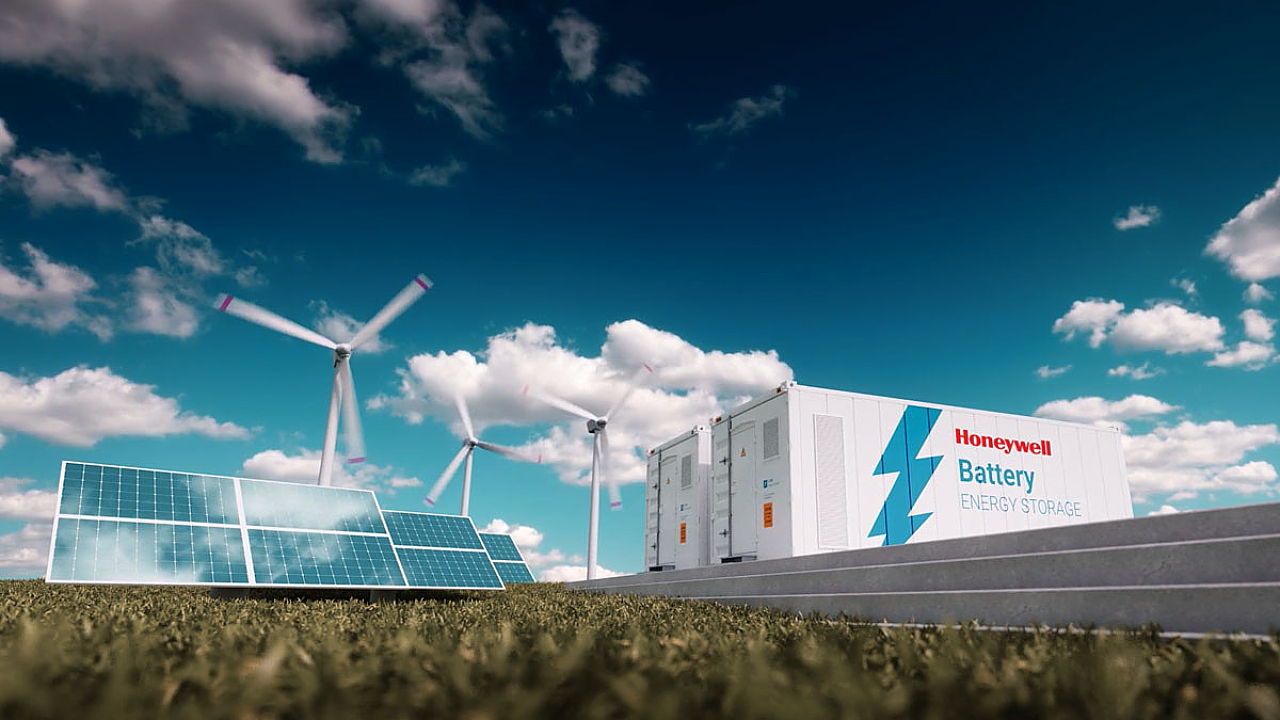
The transportation industry has long sought a carbon-free solution to achieve net zero emissions. Several new fuel options have been introduced to the industry over the years. The automotive industry has narrowed its focus to BEVs, Hydrogen Fuel Cells, CNG, LNG, and Ethanol, with work on several other options going on parallelly.
However, little has been discovered in terms of alternative fuel options for aviation. Although several options, including electric power, have been introduced, the challenges in the aviation industry are far more complex than in the automotive industry. The industry relies on SAF as a stopgap to reduce emissions until a true carbon-neutral fuel source is discovered.
Deepak Bisht, Director - Engineering, Honeywell India Technology Center, while speaking to Mobility Outlook, noted that most of the currently available SAF can reduce CO2 emissions by 80%.
However, the problem with SAF is that it raises the cost of operations because these fuel types are generally more expensive than traditional jet fuel. This becomes a problem because the sector's operating margins are extremely thin.
Bisht believes that SAF opportunities will be driven by legislation or incentives in response to this challenge. He stated that it will be difficult for carriers to adopt the fuel type until there is a mandate, legislation, or incentive to use SAF in India. It should be noted that the United States and Europe do provide incentives for the use of SAF.
As the Indian Government considers mandating the blending of 1% jet fuel with SAF, Bisht sees the arrival of these fuel types in India.
Adding another perspective to the conversation, Praveen Shetty, Sr Director - Engineering, Honeywell Building Technologies, said that although the technology is ready, it is now about the refineries to scale up their unit and start producing SAF for mass production.
“The demand currently is still high for fossil fuel, as the demand for SAF increases, refineries will start producing more,” he added.
Regarding technology, currently, two technologies are available for SAF from Honeywell. The most common one is Ecofining, wherein vegetable oils, tallow and used cooking oils are converted into SAF. However, according to Bisht, Honeywell India believes that implementing this technology will be difficult in the country because it will increase demand for vegetable oils, raising prices and affecting the general public.
He added that in view of this, Honeywell India is investing heavily in the ethanol route as it finds the solution more practical for a country like India.
In contrast to the automotive use case, Honeywell India is developing technology to convert ethanol molecularly, ensuring that the molecule composition of ethanol remains the same as that of current jet fuels, providing the same level of performance.
Notably, the technology has been developed at Honeywell India Technology Center in Gurugram and uses high-performance catalysts and heat management capabilities to maximise production efficiency, resulting in a cost-effective, lower carbon-intensity aviation fuel.
Reiterating that Government mandate will act as the key to SAF adoption in India, Bisht noted that ethanol manufacturers' efforts are equally important. “With eventually 20% blending ethanol into gasoline, we need to have a surplus of ethanol to be converted into jet fuel,” he said.
He believes that all the stakeholders, including the manufacturers, adopters, Government and technology providers, have to partner together to make some success on this front.

Sustainability Beyond Aviation
According to Honeywell India spokespersons, ethanol conversion technology can also be used to convert ethanol as an alternative to diesel. The company is looking into such a project. However, they added that adoption will again depend on government mandates.
Furthermore, the company is developing a Compressed BioGas solution to clean up the pollution caused by CNG while also assisting the Indian Government in reducing CNG imports.
“We are not into the initial biogas manufacture because that's something which is an open art. Rather we are working on cleaning up this biogas to make it a sustainable transportation fuel,” the Director of Engineering stated.
Moreover, the company is also working on heat management, fire management and sensing technologies to ensure safety for the new age e-vehicles.
Beyond Vehicles
Honeywell believes that focusing solely on the mode of transport will not help reduce the global carbon footprint. As a provider of solutions, it's crucial to look beyond these moving machinery. In this regard, the company introduced Flow Batteries in 2021, which works with renewable energy sources such as wind and solar to meet the demand for long-term energy storage.
The battery uses iron-based chemistry and has two electrolyte tanks that circulate at different rates depending on the energy demand and the discharge rate required.
It stores energy that can be used when wind and solar are unavailable, during power outages, or when power grids are overloaded. While it can store and discharge electricity for up to 12 hours, it outperforms lithium-ion batteries.
Aside from batteries, Honeywell India is working to make road infrastructure more sustainable by reusing plastic to construct roads. Unlike traditional plastic-made roads, the company intends to build these roads to NHAI specifications.
According to Bisht, the titan molecule forms a strong bond with the plastic and the gravel, providing the required strength and national highway quality. He said that from a sustainability standpoint, these roads take care of waste plastics, while the mix is also done at a lower temperature, which saves much energy and thus helps to reduce CO2.
While some of these technologies provide a complete alternative, it is also important to improve on the efficiency of the existing one because these transitions are lengthy, Shetty said.
In light of this, the company also offers a variety of software and hardware-based solutions across all industries that aims to significantly reduce CO2 emissions from these industries until a net zero solution is available, the Sr Director added.
Also Read
Honeywell Expands Alliance With Nexceris
Honeywell Announces New Ethanol-To-Jet Fuel Processing Tech